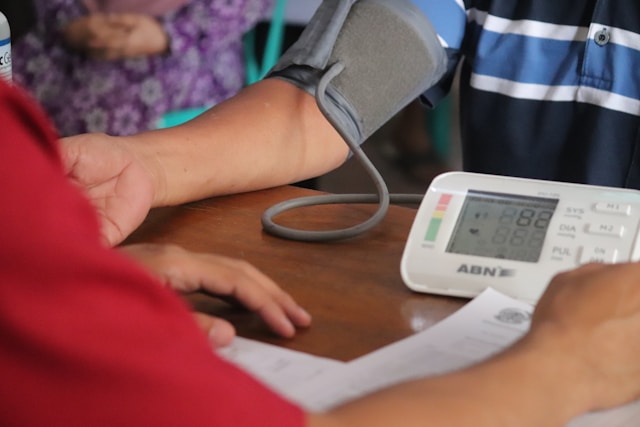Back
Nov 11, 2024
Hope and progress: Addressing HIV/AIDS in the workplace

Dr Jarrad Van Zuydam | Sports Physician
A step closer to a cure
Remarkable progress in understanding HIV/AIDS has brought the world closer to a cure. Recent research from the University of Western Ontario highlights a therapeutic breakthrough known as the HIV-virus-like particle (HLP). This “shock and kill” approach targets hidden viral reservoirs in people with chronic HIV, showing a hundredfold increase in efficacy over previous treatment options. With such strides, there is renewed hope that the HIV/AIDS pandemic could be a thing of the past by 2030—a goal actively pursued by organisations like the World Health Organization (WHO), the Global Fund, and UNAIDS.
While the scientific community works tirelessly to eradicate HIV, it’s also crucial to focus on creating supportive, inclusive environments for those living with HIV in our workplaces today.
Living with HIV/AIDS today
Despite advancements, HIV/AIDS remains a significant health issue, affecting around 40 million people worldwide. Chronic HIV requires continuous treatment with combined antiretroviral therapy (cART) to control the virus, prevent progression, and safeguard immune function. Although cART effectively suppresses HIV to undetectable levels, it does not eliminate the virus from the body. As a result, people living with HIV often face unique health challenges that can extend into their work life and impact physical and mental wellbeing.
Understanding these challenges and supporting those affected can create a healthier, more productive workplace for all.
Guidance for employees living with HIV
For employees living with HIV, the decision to disclose their status at work is deeply personal. Here are some considerations:
Assess your comfort level: Disclosing your HIV status can create supportive relationships with colleagues but may also change workplace dynamics. Assess your comfort and the level of trust within your workplace.
Identify trusted individuals: If you choose to disclose, consider confiding in trusted colleagues or HR representatives who can provide a supportive framework.
Know your rights: Employees with HIV are entitled to equal employment opportunities and can request reasonable accommodations when necessary.
Workplaces that actively support employees with HIV contribute to better individual and team wellbeing. By normalising discussions about HIV/AIDS and providing fair opportunities, companies become leaders in inclusivity.
How to support a colleague living with HIV
If a colleague shares that they’re living with HIV, here are respectful ways to support them:
Respect their privacy: Keep any health information they share confidential, unless they give permission to disclose it.
Treat them equally: Show empathy and professionalism. Avoid assumptions or offering unsolicited help—let them lead any conversations about their health.
Dispel misinformation: HIV isn’t spread through casual contact or shared workspaces. Being informed reduces stigma and helps everyone feel more comfortable.
Be inclusive: Continue inviting them to team activities and social events, ensuring they feel part of the group. Inclusion strengthens everyone’s wellbeing.
Educate yourself: Learning more about HIV through reputable sources helps support a positive workplace culture.
By treating all colleagues with respect and compassion, you contribute to a healthier, more inclusive workplace for everyone.
A future of hope and inclusion
This breakthrough in HIV cure research brings us closer to a world free from HIV/AIDS. In the meantime, creating workplaces that defend the rights and wellbeing of those living with HIV is essential. By fostering a culture of respect, empathy, and understanding, we can reduce stigma, improve morale, and build a healthier environment for all employees.
As we look toward a future free of HIV/AIDS, let’s commit to building workplaces where every employee feels valued and supported. Together, by reducing stigma and improving inclusivity, we create a better workplace for everyone.











